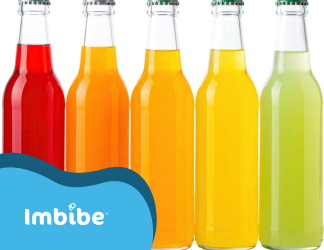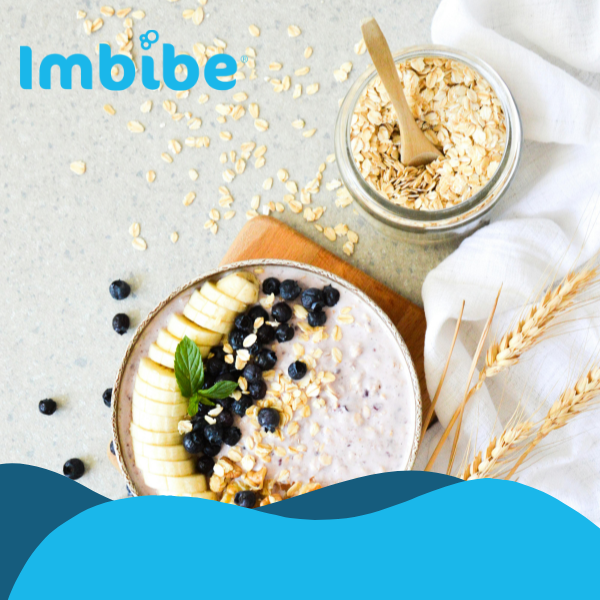Plant-based proteins can deliver bitterness, astringency, and sulfuric, metallic, and cardboard notes while lacking the bulk and richness associated with traditional dairy drinks.
Plant-based beverages are made by milling plant material into a homogenized product. The plant material ranges in size from 5 to 20 μm to match the characteristics of cow’s milk. Although different plant materials may require additional or varying processing steps, all follow the same general process. Let’s take a look at what it takes to manufacture a typical plant-based beverage such as soy or almond milk.
…
8) Treatment. Ultra high temperature heating at 180°F or greater under aseptic conditions produces the longest shelf life, activates functional ingredients, and saturates the beverage. However, this heating step can destroy nutrients, produce off-flavors, and damage plant materials, so some processors are using alternatives like hydrostatic pressure to minimize heat treatment. Natural flavors such as MakeSense and NonSense from Imbibe also can help combat unwanted attributes by delivering added indulgence and a balanced flavor profile, according to Erin Costello, communications and events associate at Imbibe.
After the treatment, the product may be homogenized again.
Read the full article on IFT Food Technology Magazine.
Email ingredients@imbibeinc.com for support on your next plant-based product.



